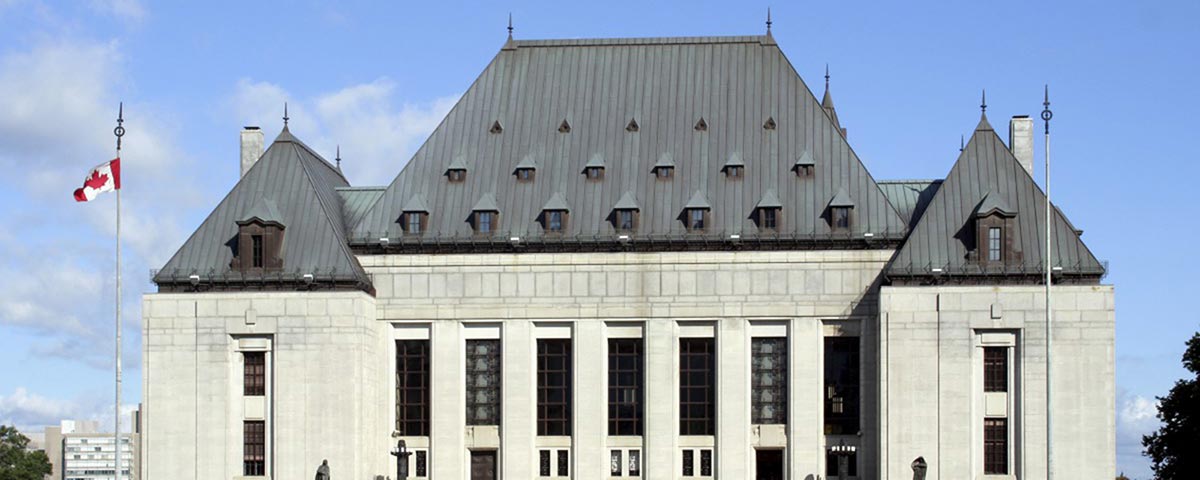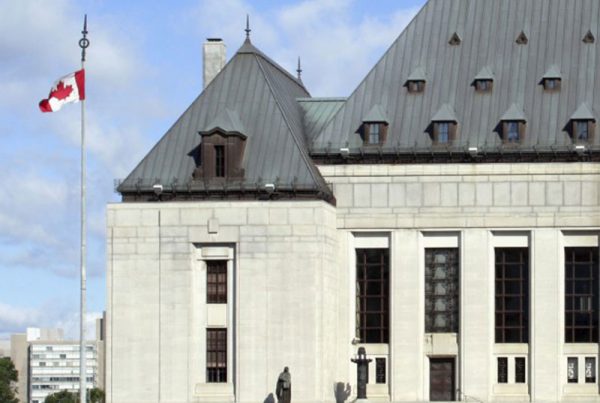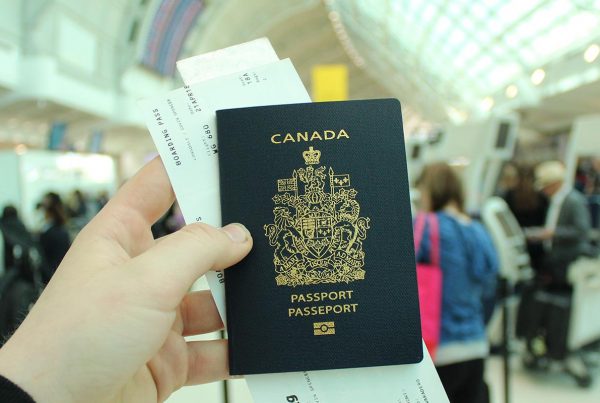The Ontario Court of Appeal has once more handed down a scathing decision to the government on its use of solitary confinement, and its failure, again, to fix flaws as ordered 16 months ago. If you are concerned about the use of solitary confinement in Canadian prisons, agree with courts and inquiries that prolonged solitary is cruel and unusual treatment, and believe that solitary should not be an option for vulnerable people, you are not alone. Given the many decisions, almost-missed deadlines, and requests for extensions, we thought it may be helpful to provide a brief update on our challenge, and why the government should stop fighting.
The bottom line: Despite the fact that CCLA won its challenge in December 2017, the government has not reformed its solitary confinement regime, not fixed the constitutional flaws found by the courts, and not passed new legislation. What it has done is fought, appealed, appealed again, and on 5 separate occasions (and counting) asked the courts for time to fix or delay fixing the law. And all the while, people are spending extended periods in Canada’s prisons in horrendous conditions and extreme isolation. It is now well past time. The government must stop fighting in the courts, and start making the necessary reforms in our prisons.
As to where things stand, in December 2017, the Ontario Superior Court agreed with CCLA’s expert witnesses about the devastating harms of solitary. It concluded that the current regime known as administrative segregation was unconstitutional because it did not provide independent review of decisions to place or keep someone in solitary. The government did not appeal this decision and it is still good law. However, the government did say that they needed time to amend the law and asked for 12 months. Over CCLA’s objections, the Superior Court granted the government the full 12 months requested.
Ten months later, the government introduced Bill C-83 in October 2018. However, this bill did not fix any of the issues raised by CCLA, including the issue of independent review as ordered by the Superior Court. The government then asked the Ontario Court of Appeal for more time to pass this bill. The Court of Appeal expressed serious reservations about this delay and the fact that the bill did not resolve the issue of constitutionality as found by the lower court, but granted an extension until April 30th 2019. As this date approached, the government made yet another request for more time. The Court of Appeal granted this too, “with great reluctance,” until June 17th, all the while making it clear that this was the last time.
That’s where things stand with the decision emanating from the Superior Court.
In the meanwhile, CCLA, while happy with our victory in the lower court, was not fully satisfied with the outcome. The lower court had only ruled the lack of independent review to be unconstitutional. CCLA had also argued that there were other unconstitutional aspects to the solitary confinement regime, including prolonged solitary confinement (over 15 days), and the placement of vulnerable people (such as people with mental illness, and youth) in solitary. And so CCLA appealed our own win to the Ontario Court of Appeal – and won again.
In another tremendous victory, the Ontario Court of Appeal ruled that prolonged solitary confinement amounted to cruel and unusual treatment and is unconstitutional. The Court gave the government 15 days to fix the problem.
It may not come as a shock to learn that in seeking an appeal of this decision at the Supreme Court, the government also asked the Supreme Court for, you guessed it, more time. This time, the government asked to delay implementation of the Court of Appeal’s decision on prolonged solitary. The Supreme Court granted a delay but only until the next phase of the process, which it heard on an expedited basis. At that point, the Supreme Court will issue its decision on whether the government has to comply with the Court of Appeal’s decision to end prolonged solitary confinement straight away – or whether it can wait until the Supreme Court hears the entire appeal.
If this all sounds terribly complex and Sysphean, it is and it is not. It is true that the government is wasting taxpayer time and resources. It is true that the government has yet to implement an independent review process as ordered by the Superior Court or to end prolonged solitary as required by the Court of Appeal. But the government has in the meantime quietly found solutions for many of the people formerly housed in solitary. The numbers in these units have reportedly dropped 59% in the past 5 years. So what the government claims it cannot do and needs more time to do, it is nonetheless doing. All it takes, it seems, is patience, strength, and the determination to make things right.
About the Canadian Civil Liberties Association
The CCLA is an independent, non-profit organization with supporters from across the country. Founded in 1964, the CCLA is a national human rights organization committed to defending the rights, dignity, safety, and freedoms of all people in Canada.
For the Media
For further comments, please contact us at media@ccla.org.





